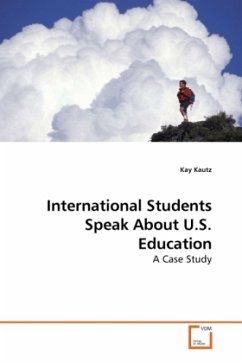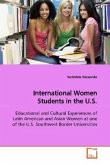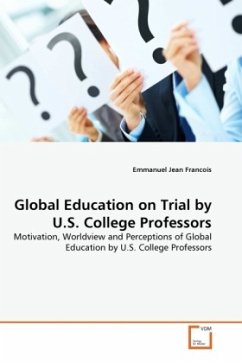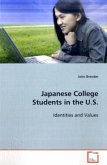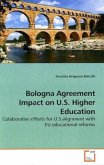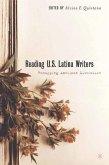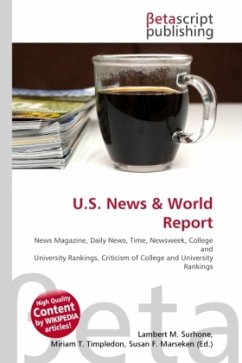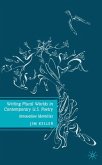Every century since the first, the United States has undergone a sometimes violent change in our economic structure. Populations in the U.S. greatly fear a major economic shift. The time has come to change our economic base, and once again, this frightens people. The U.S. has to compete globally to stay economically strong. What do we have to offer the world? Currently, one commodity is found in the degrees in higher education from the U.S. Justified or not, much of the world frequently seeks Western culture and knowledge, and our international students number a half a million. This case study examines higher education in the U.S. in comparison to experiences in other international educational institutes. It is the words of the respondents that became the focus of the study. Their words are riveting. Their common recommendations and observations become relevant to U.S. educational planning. Imagine what is needed for current U.S. students to compete internationally in the experience, knowledge, and training desirable for a global job market. Listen to the words of the international students with which U.S. students will compete.
Bitte wählen Sie Ihr Anliegen aus.
Rechnungen
Retourenschein anfordern
Bestellstatus
Storno

